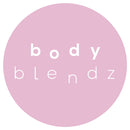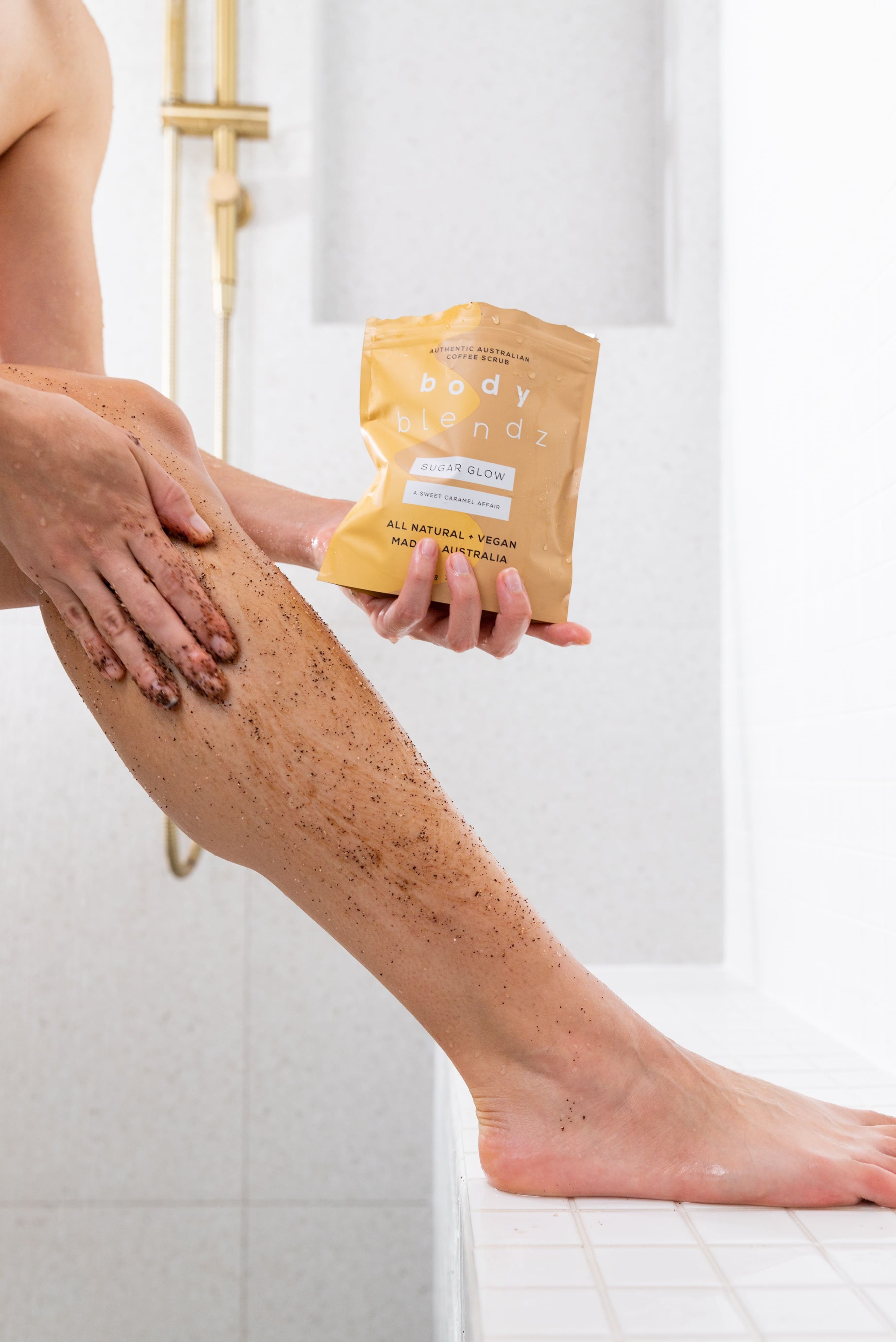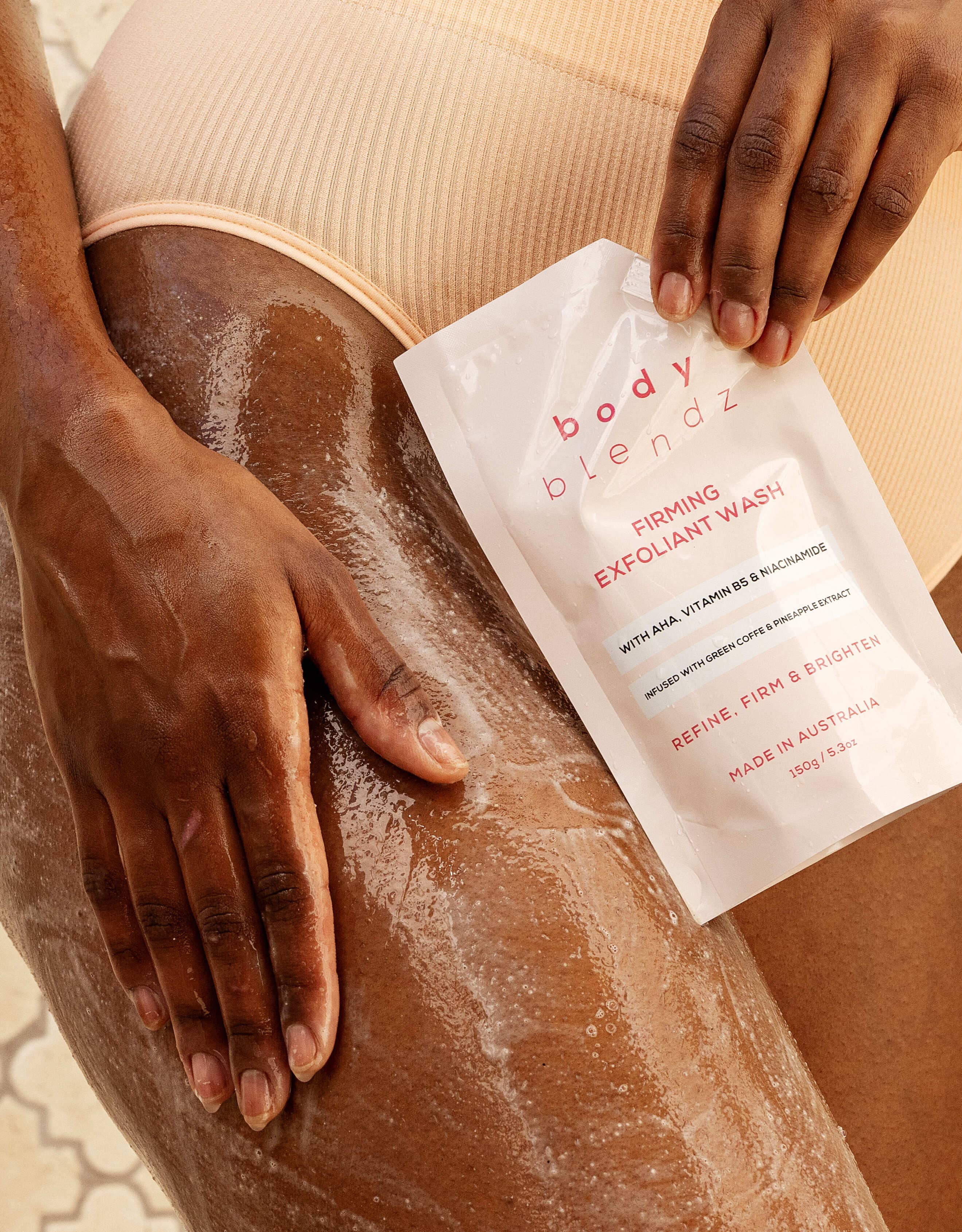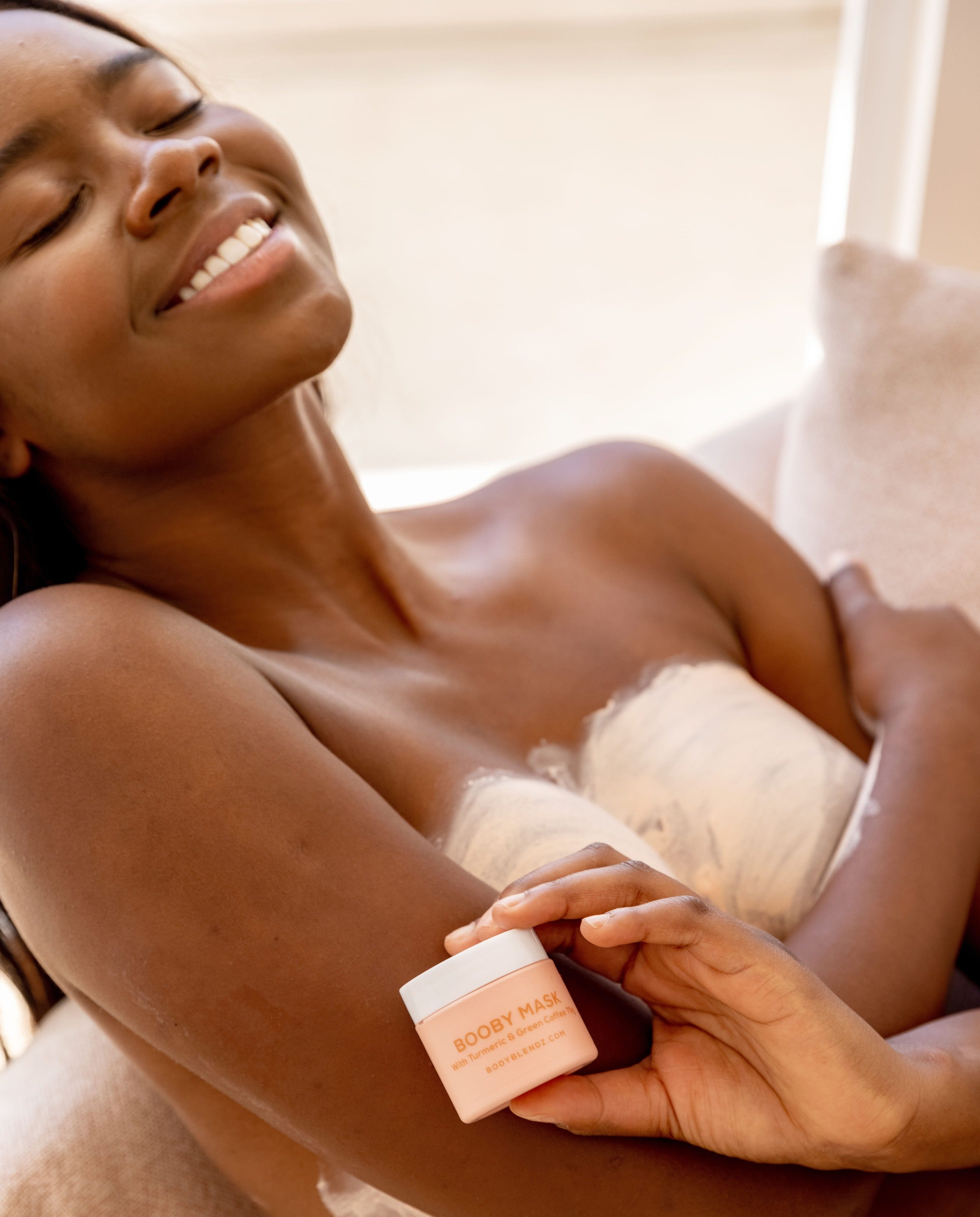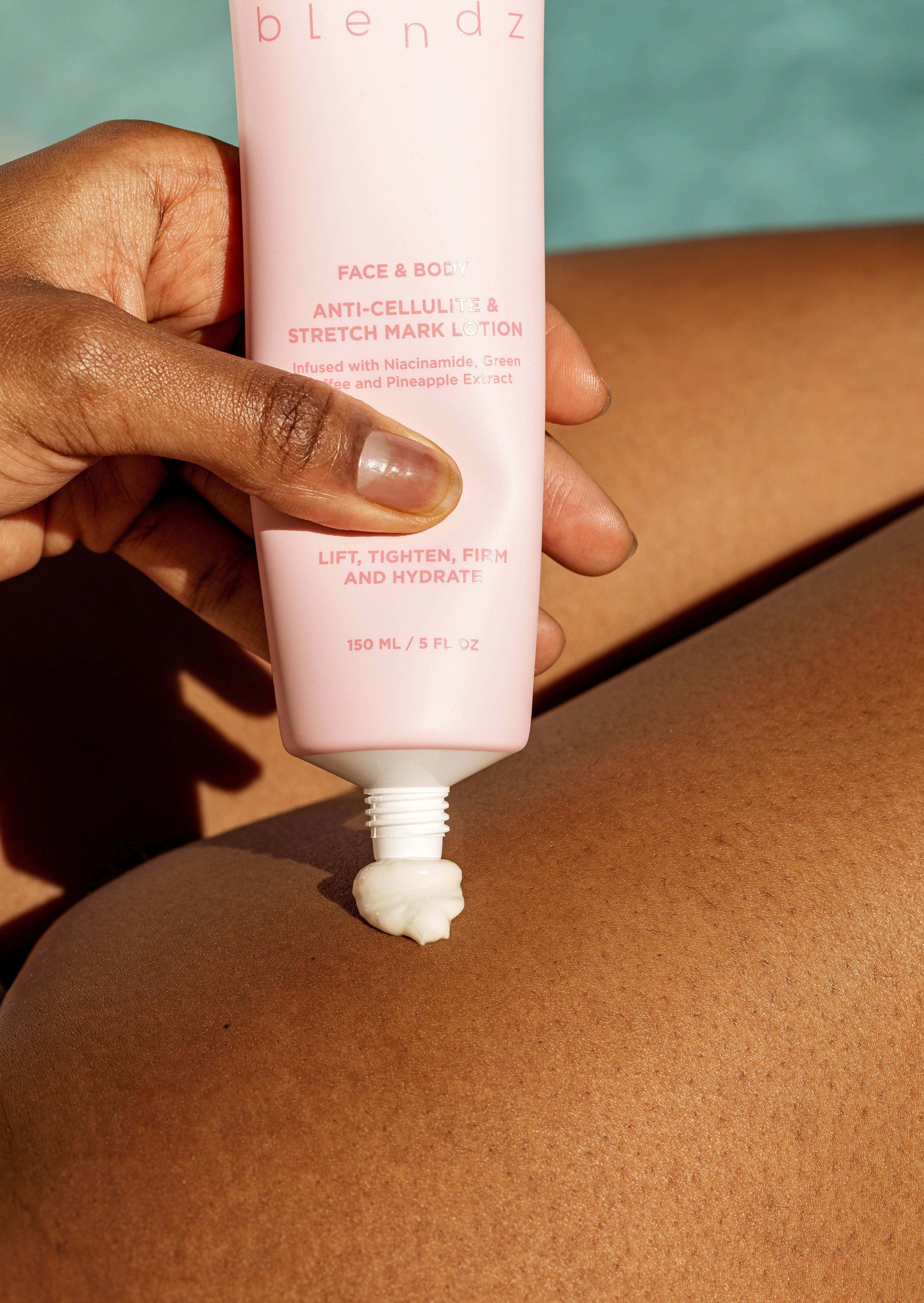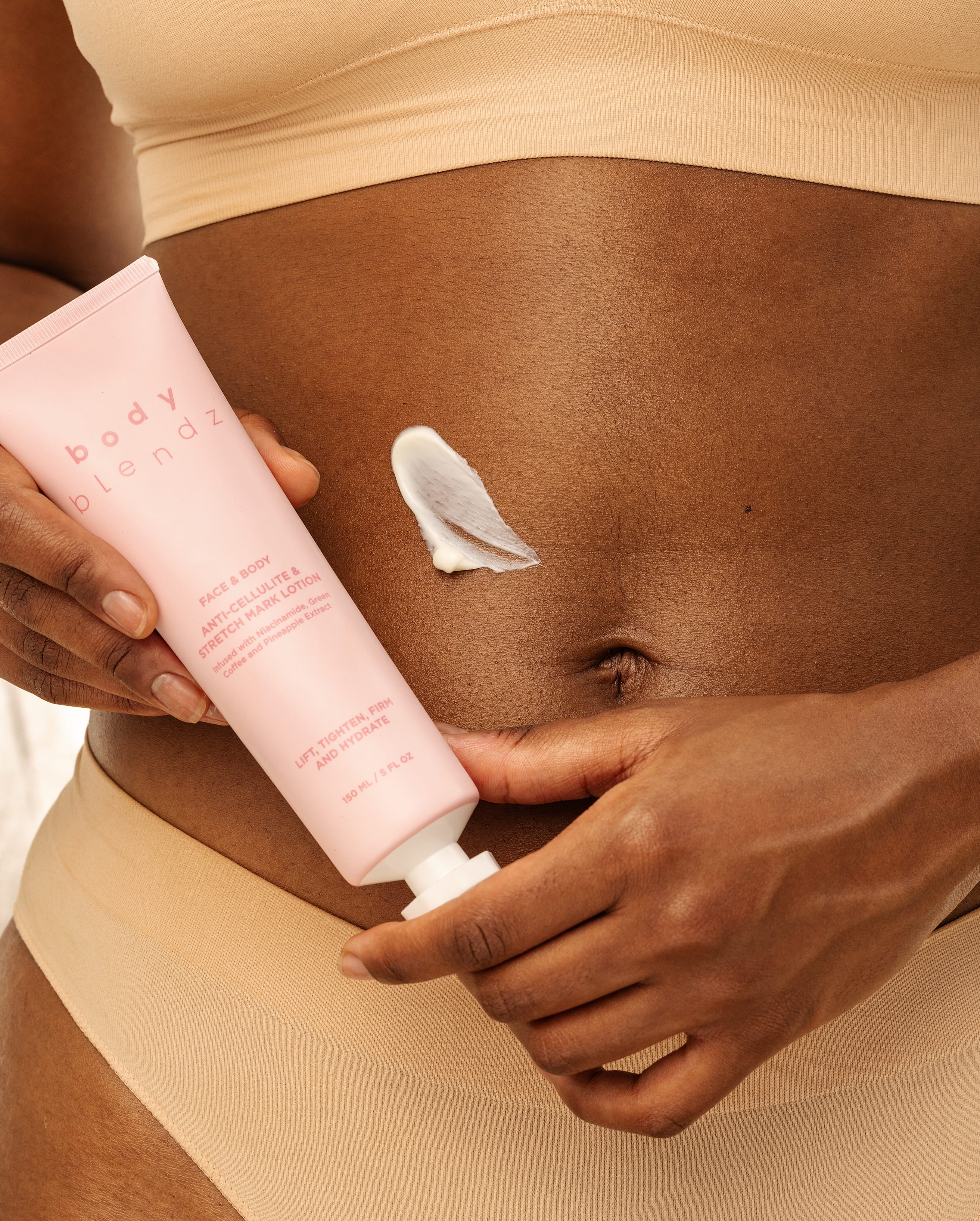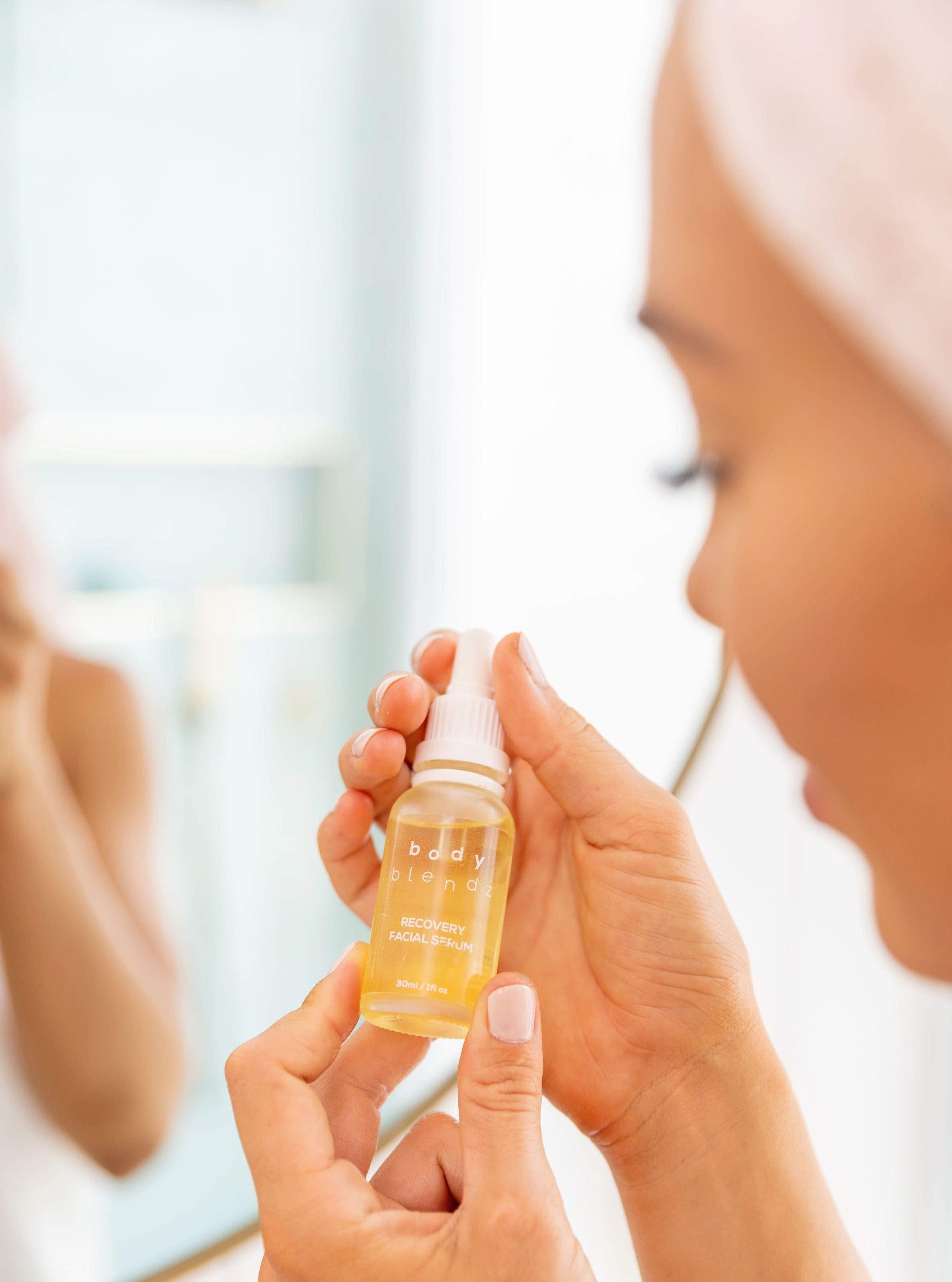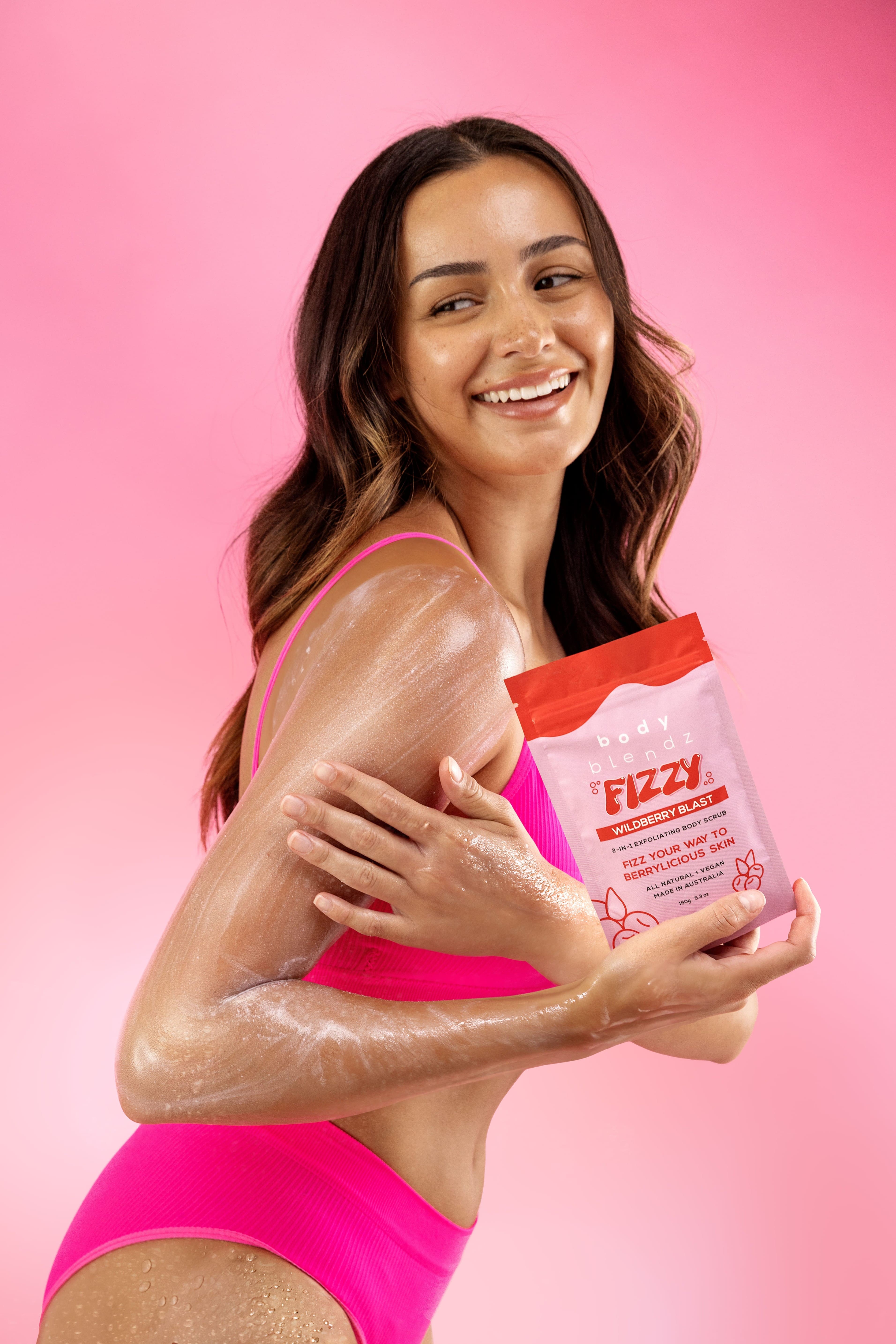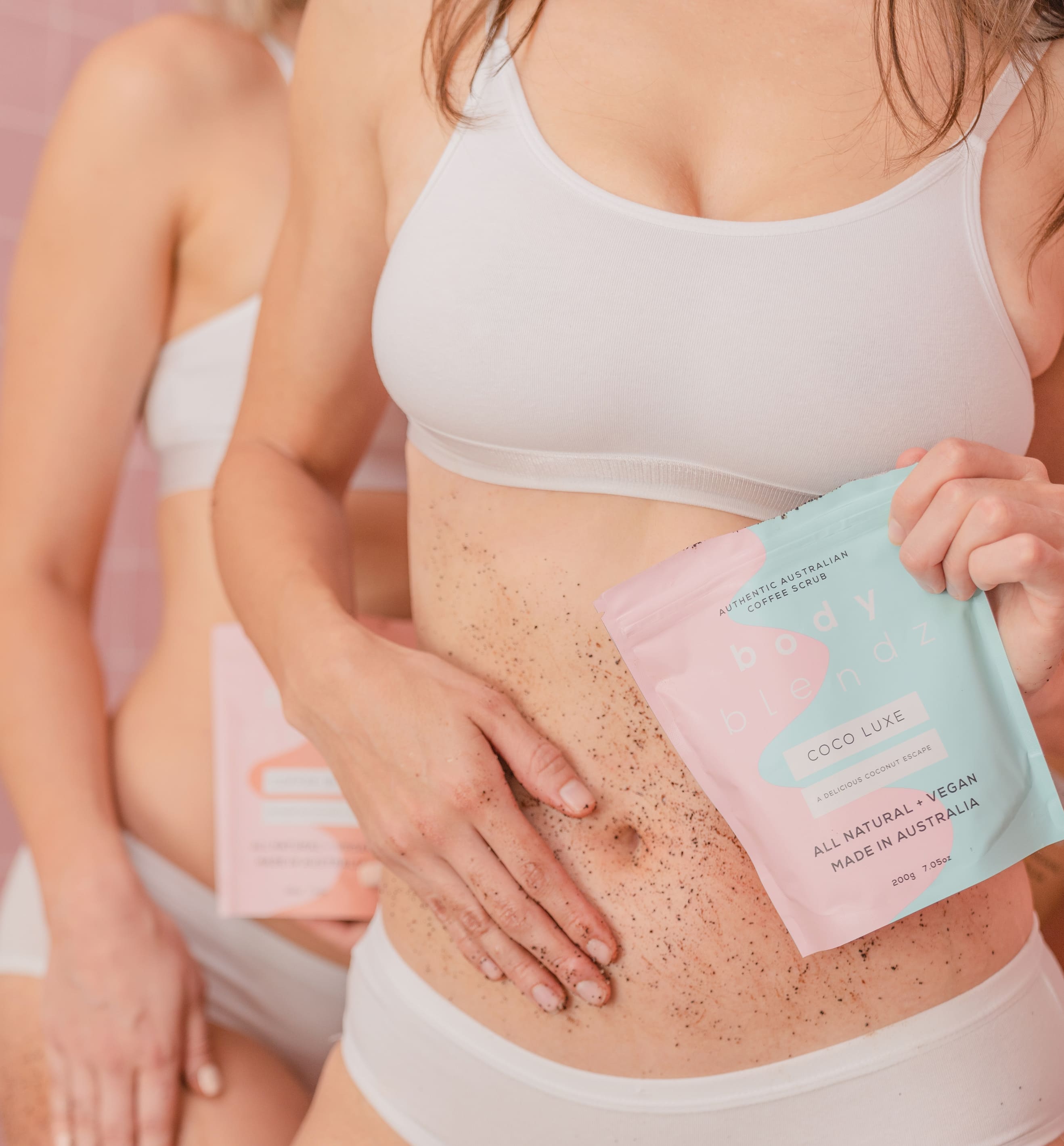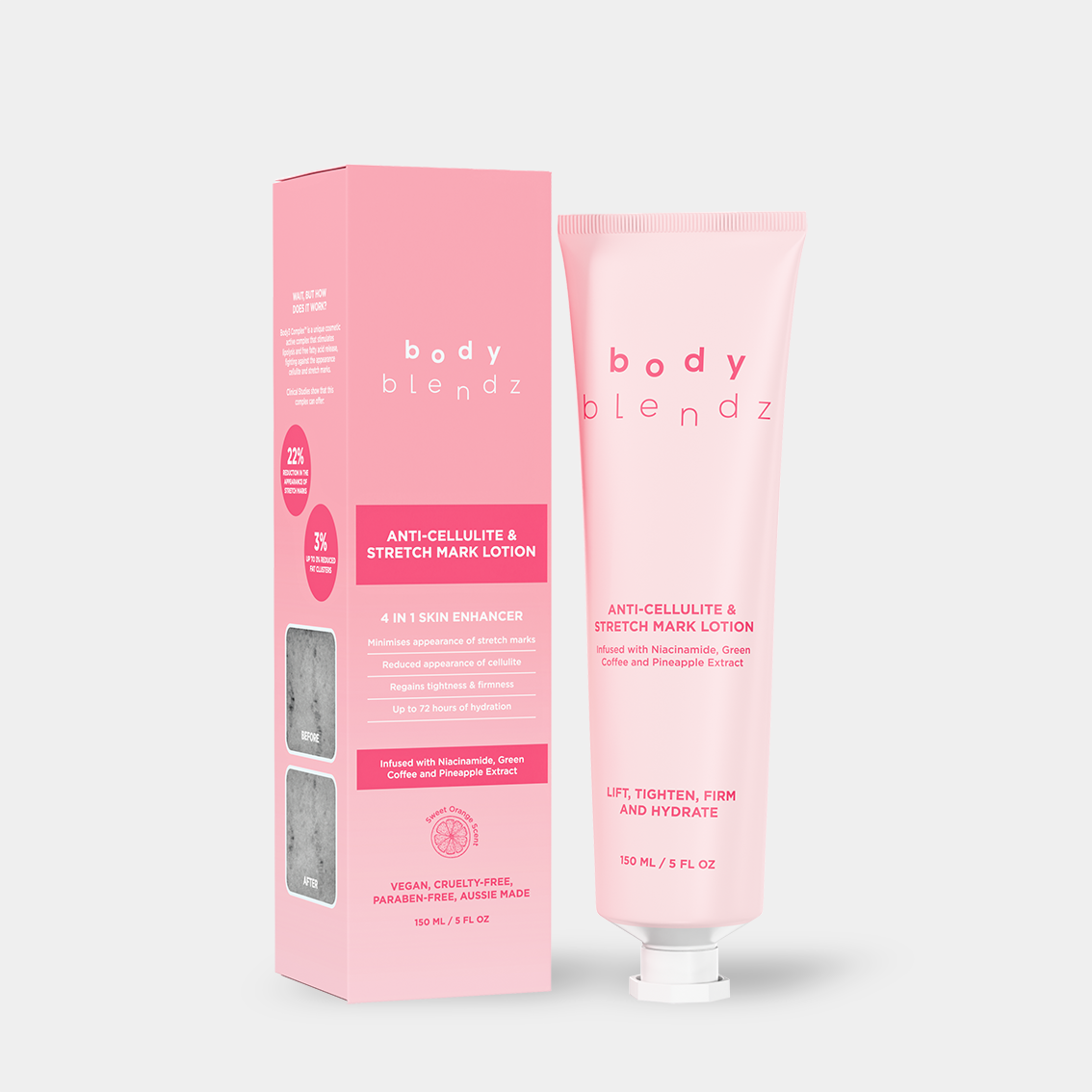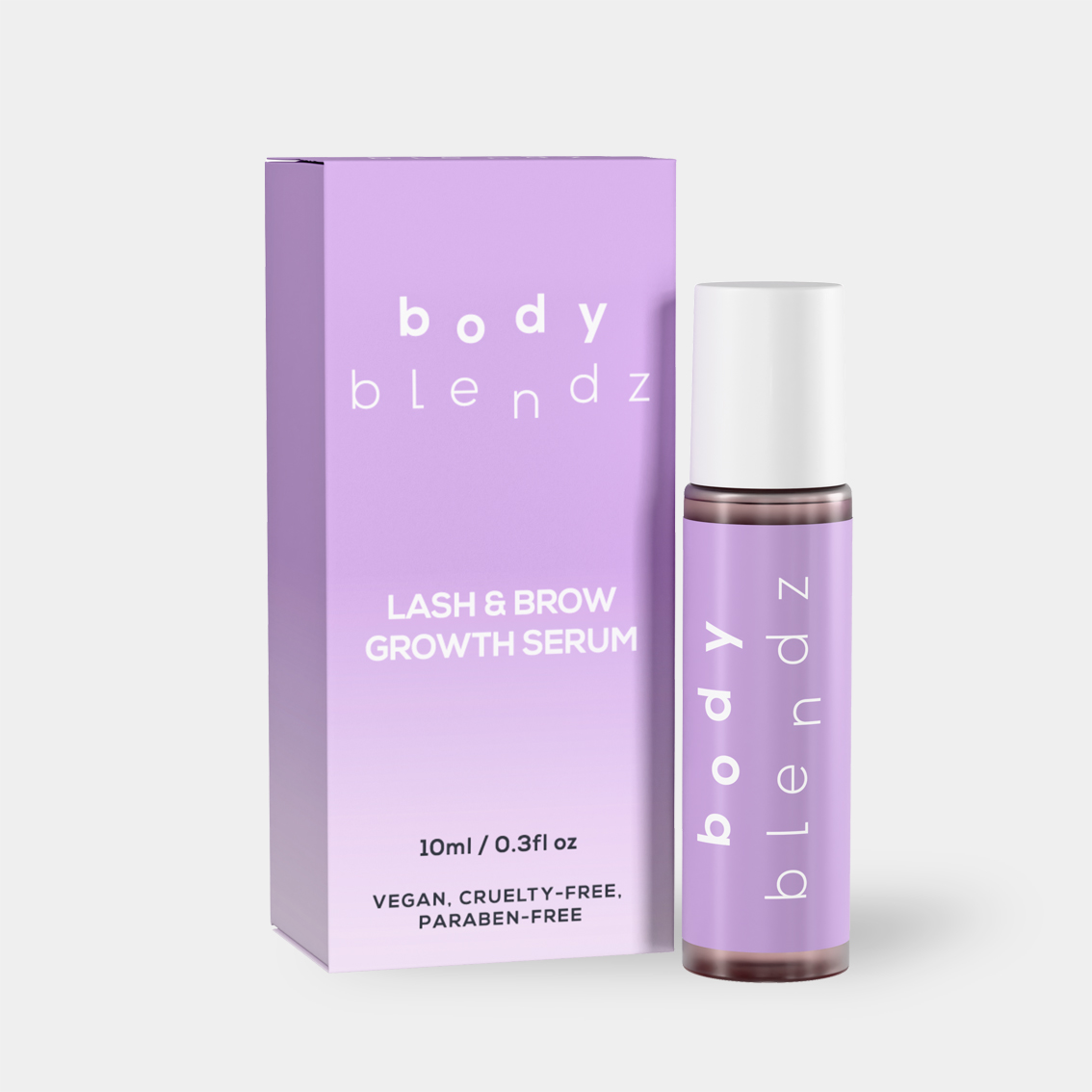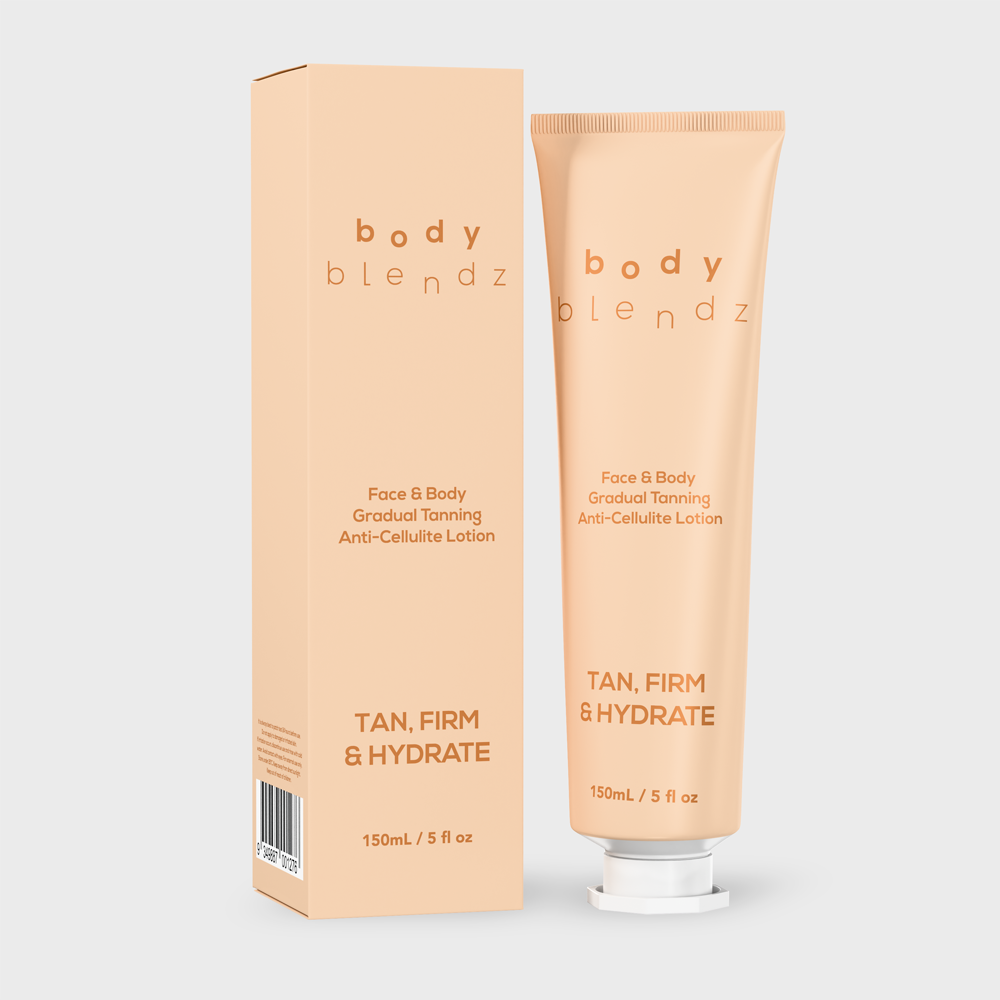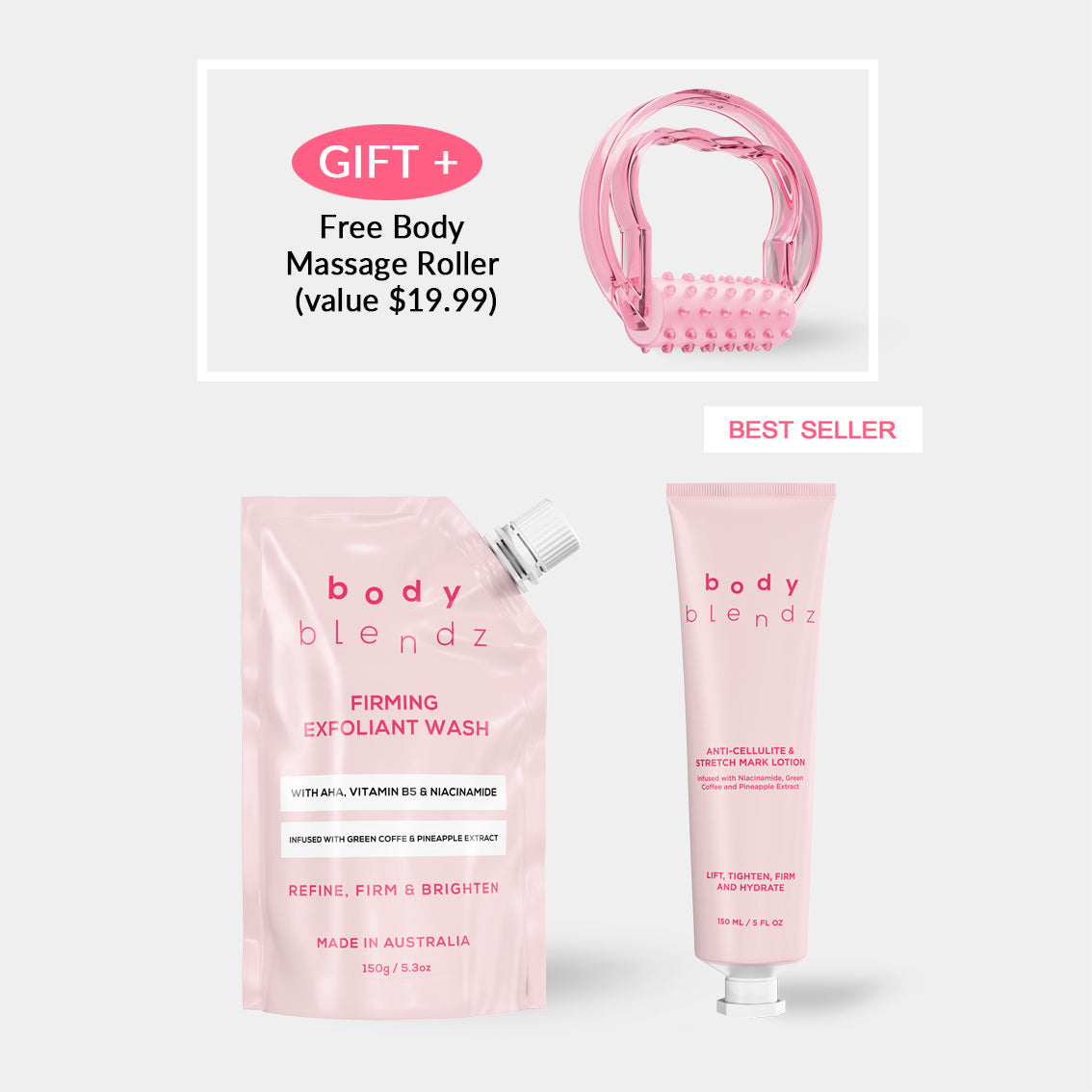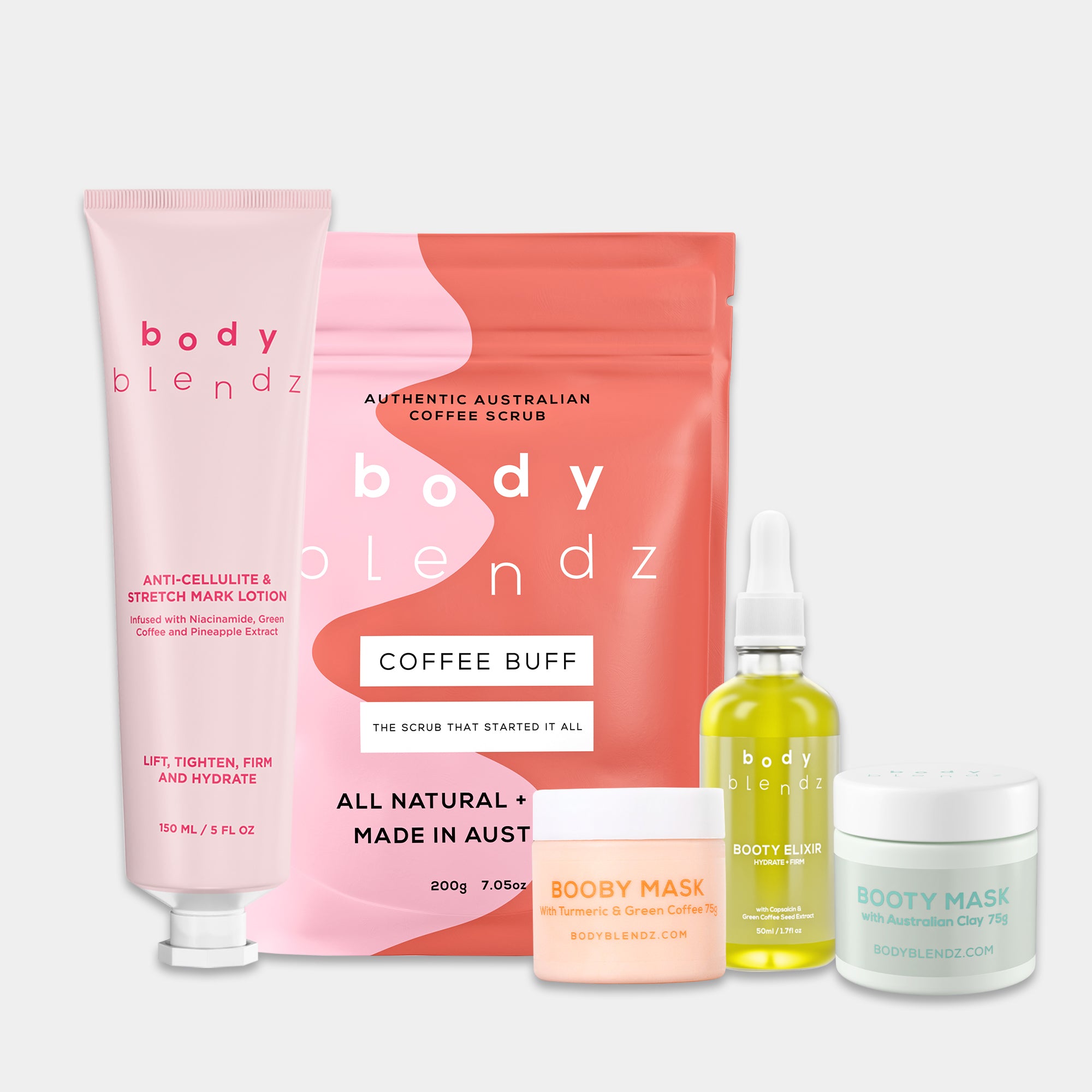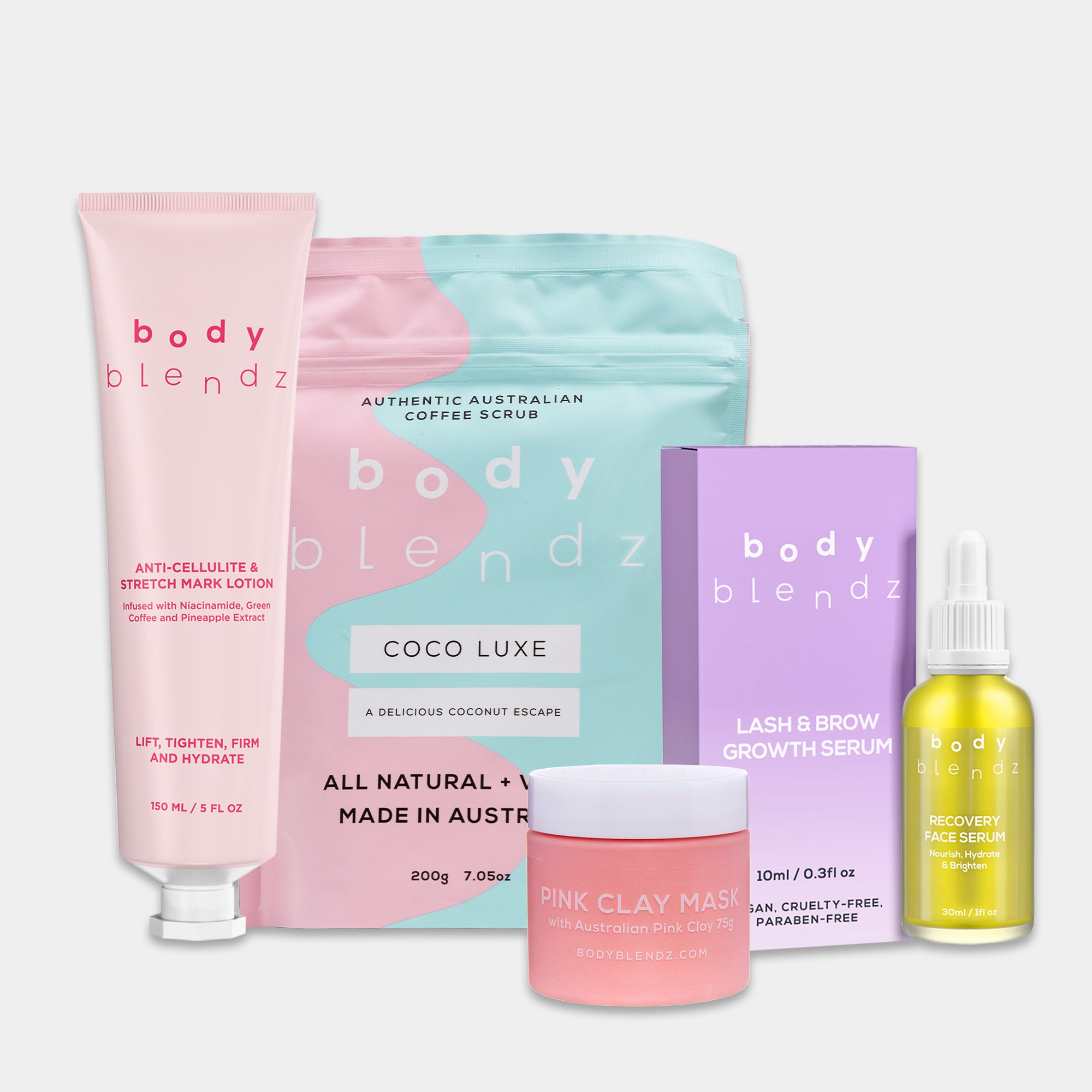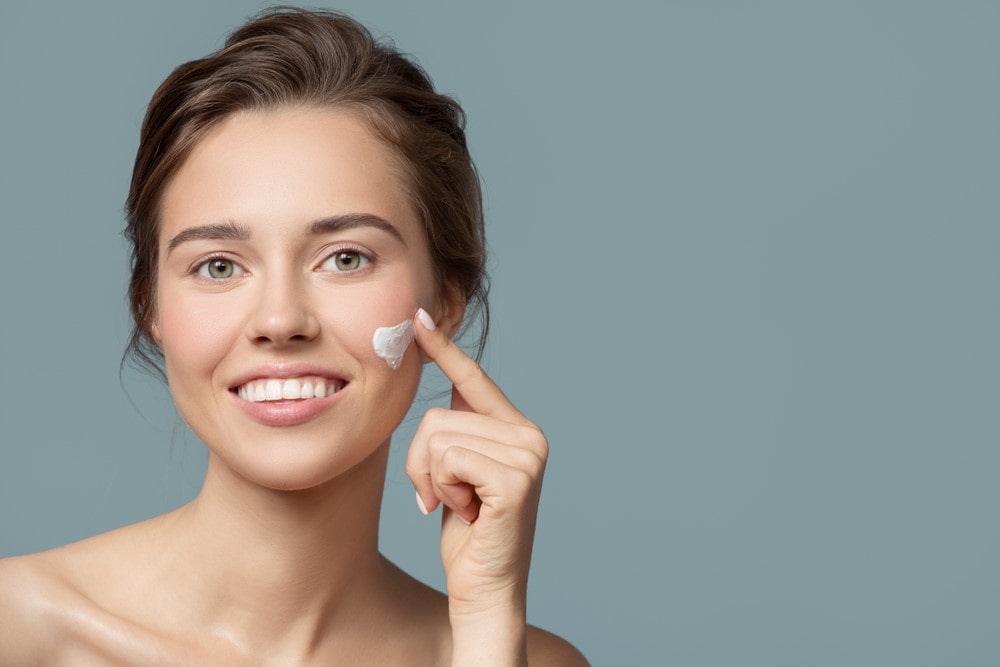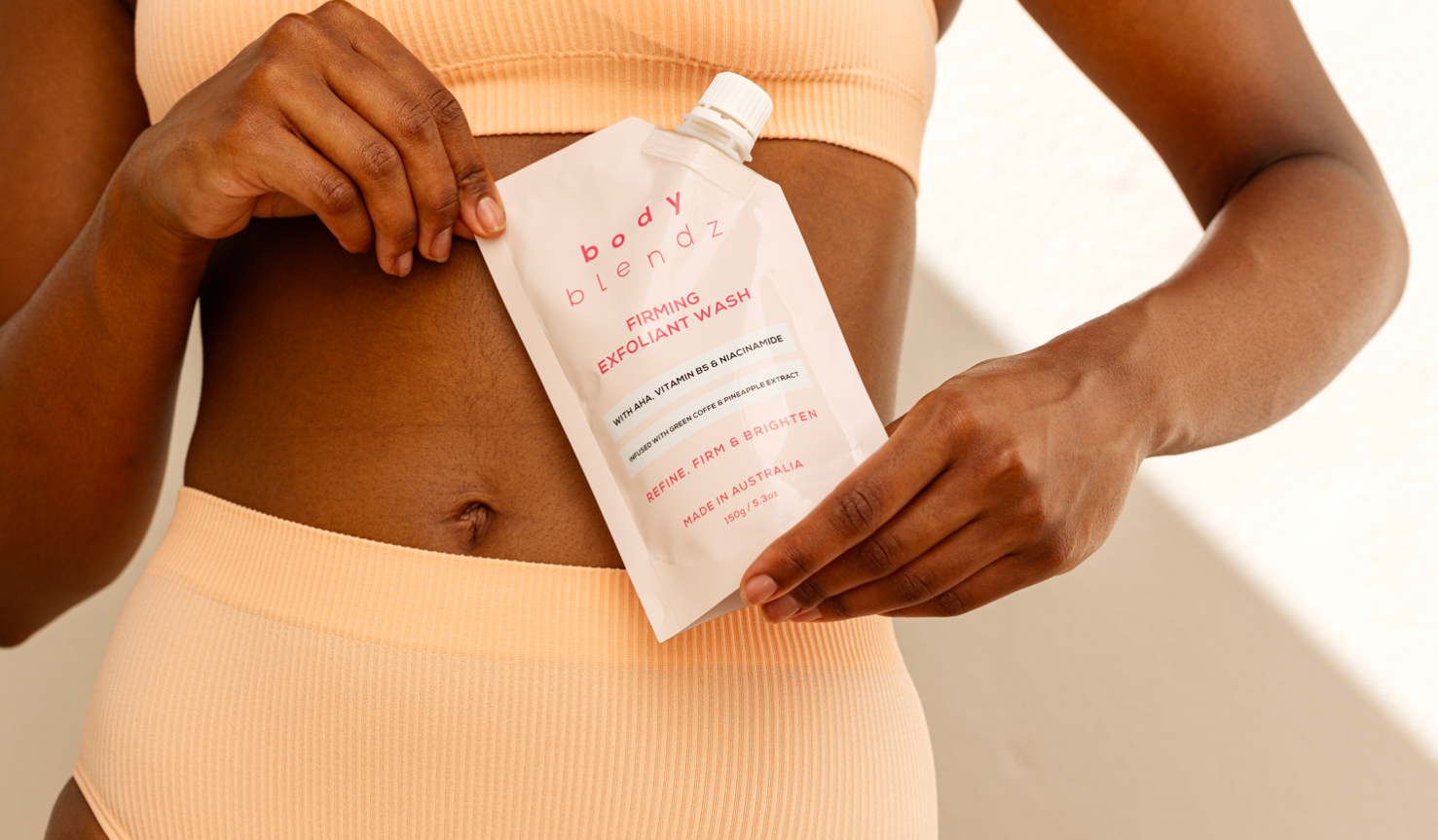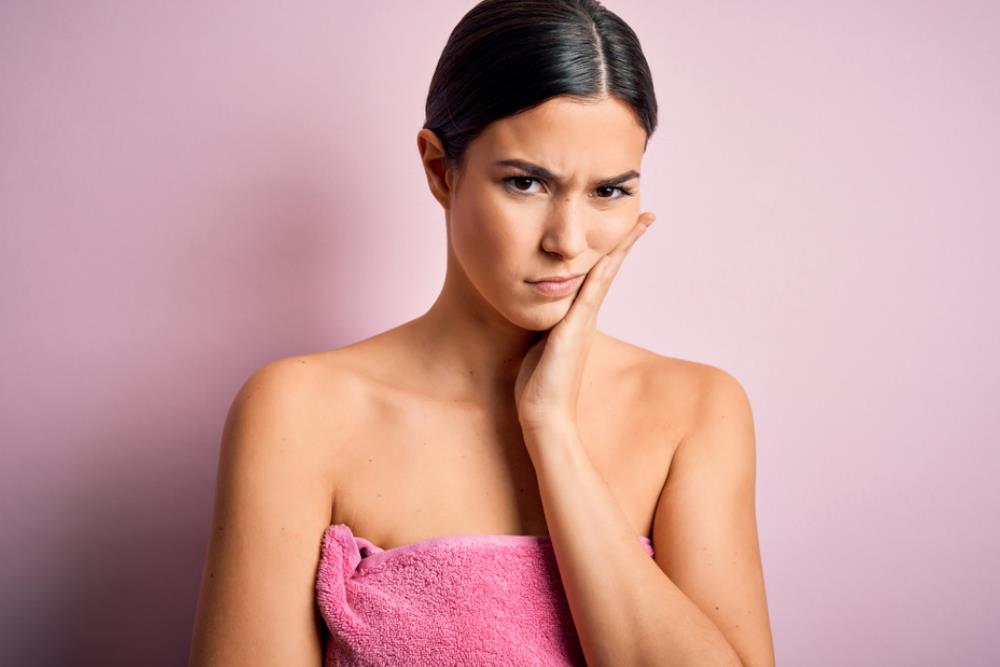Skin Care Habits That Worsen Acne, Part 1
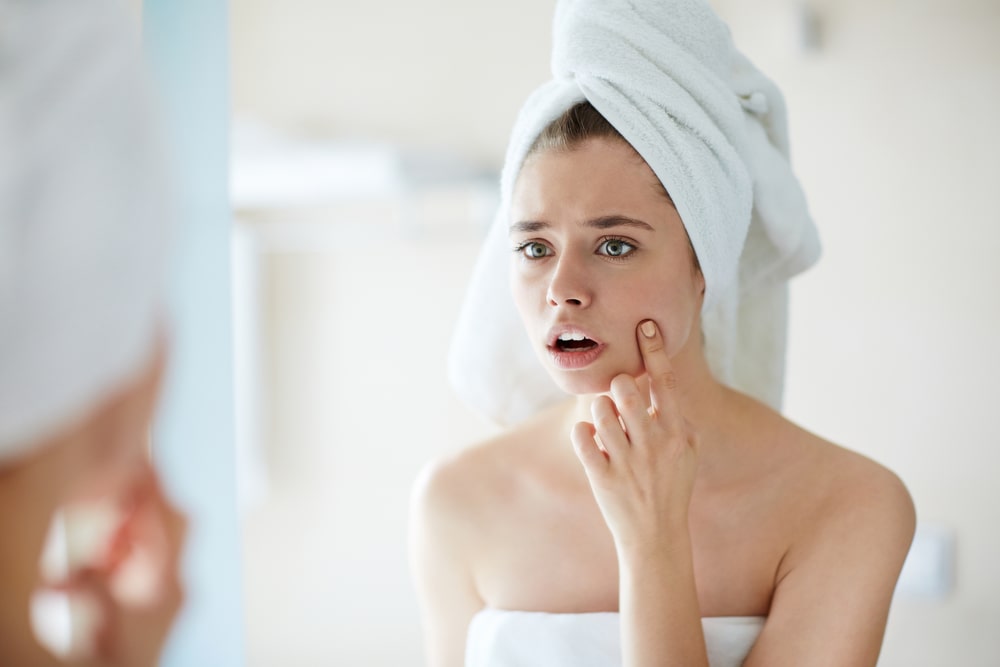
One of the major factors towards having acne-prone skin is clogged pores. Both dry and oily skin types do accumulate dead skin cells, which then trap dirt and excess oil, blocking pores. While acne can certainly occur even with dry skin, oily skin and acne usually go hand in hand. Having oily skin might seem to be a curse at the moment. Later on, that oily skin becomes more resistant to pre-mature wrinkling than dry or normal skin types.
Still, having pimples and other breakouts pop up as fast as the previous ones have disappeared is understandably frustrating.
What is acne and what causes them?
An inflamed skin condition that can appear anywhere in the body but most frequently on the face and the back. Inflammation ensues when oil and debris clog the pores and are imprisoned by dead skin cells. Over-productive glands produce excess sebum and create the right environment to foster bacterial growth, which then leads to acne.
The different kinds of breakout that populate the skin are: blackheads, whiteheads, pimples, pustules, papules, cyst or nodules
Some of the causes of acne can be any one, and most likely, a combination of the following:
• Bacteria - Propionibacterium acnes become a problem when the pores are blocked.
• Heredity – genetics, some family members share the same skin conditions
• Hormonal changes – puberty, menstruation, pregnancy, menopause, stress
• Oil and build-up from products – non-comedogenic, skin-irritating products
• Medicine side-effects – Bromides or iodides in certain drugs can cause flare-ups
• Weather – hot and humid weather
• Unhealthy diet and lifestyle – smoking, lack of sleep, stress, and poor diet
Here are the most common culprits and habits that we do to worsen breakouts.
Pimple-popping
Popping a pimple may be too tempting to someone who desires an instant improvement to the affected area. In the short term, this area will look better, but long term, squeezing out a pimple encourages future breakouts.
While, squeezing a zit will remove most of the pus, some debris like bacteria and dead skin cells will likely be buried deeper into the skin. Inflammation happens, then more acne appears. Unless you know what you’re doing, it’s essentially trading a pimple today for 2 or 3 more in the future.
Let the acne medication do its job. If it’s a big pimple, a painful one, or both, consider having the dermatologist remove it.

Rubbing your skin to clean
If not attempting to squeeze out a zit, acne sufferers tend to want to rub and scrub off pimples. Scrubbing already inflamed skin can irritate and worsen your skin condition. If you use washcloths or cleansing pads to clean your face, be gentle. Use the right non-comedogenic cleanser, apply in a gentle circular motion and rinse with warm water. Using fingertips to cleanse and rinse your skin is much better than using cleansing brushes or pads. Pat dry using a soft, clean towel.
Forgetting to exfoliate regularly
Because dead skin cells play a major role in having acne-prone skin, exfoliating is a must. Dead skin cells trap dirt and bacteria deep in the pores, thus causing flare-ups. Dead skin cells also hinder the medication in your lotions and toners to penetrate the skin and do their job. Without rubbing your skin raw, exfoliating regularly is needed to heal and prevent pimples.
Medicated, anti-bacterial clay masks with tea-tree oil or activated charcoal, or products with alpha-hydroxy (AHA) and lactic acid can exfoliate gently without the threat of further breakouts.

Excessively touching your face
Too much touching and rubbing your inflamed skin can only irritate your skin further. Brisk rubbing of towel to remove sweat during workouts will do the same. Even washing your face multiple times in a day can lead to more irritation.
Instead, with a clean towel, pat your skin dry during and after workouts. Wash your face only twice a day, in the morning and in the evening. Additionally, you can wash your face after a sweat-inducing activity.
Drying out your skin
Perhaps every time you see a film of grease on your skin you want to mop it off, unknowingly drying your skin out too much exacerbates the situation; the very act of constantly drying your skin out makes the skin create more oil to compensate for the lost hydration. In other words, the more you try to dry the skin with astringents and acne treatment, the skin compensates by over-producing sebum.
Additionally, dry skin means the skin’s mantle is more susceptible to further irritation. Using medication like salicylic acid and benzoyl peroxide can make the skin drier, with the former less drying than the latter. If your skin feels dry and chalky, apply a lightweight, water-based moisturiser.
Not using oil-absorbing sheets
Instead of rubbing astringent or alcohol or even washing your skin several times a day, use oil-blotting sheets. They absorb excess oil without over-drying the area. Having them in your bag can not only help relieve your skin of excess oil, it can also make you look fresh all day. Remember to lightly blot and pat, don’t vigorously rub off the excess oil.

Avoiding Moisturisers
Because breakouts mainly come from having oily skin, it may seem like a wise idea to never touch anything that hydrates the skin, like moisturisers and serums. It is, however, a mistake to skip moisturising your skin after cleansing and toning.
In the section above, you’ve read that over-drying can lead to further oiliness due to the glands over-compensating for the dryness by manufacturing more oil.
Moisturisers also speed-up healing of raw over-scrubbed skin, irritated skin, and medication-induced spot dryness. Instead of avoiding moisturisers, choose the right one – a gentle, lightweight, water-based moisturiser that is specifically formulated for oily, breakout-prone skin. Look for ‘non-comedogenic’ on the label. Non-comedogenic means the product won’t clog the pores.

Not having a spot treatment product
Use a spot treatment product for stubborn blemishes. The usual actives for acne spot treatments are benzoyl peroxide, salicylic acid, and glycolic acid. In general, benzoyl peroxide kills acne-causing bacteria, while glycolic and salicylic acids minimise inflammation and help dry up pimples. Don’t use them all over the face, they can be extremely drying.
Using the circular adhesive patch type of spot treatment (instead of the cream type) will help keep the medication on the spot where it is needed and not having them rub off onto the pillow and elsewhere on your skin.
![]()
Sugar Glow Coffee Scrub |
Booty Clay Mask |
